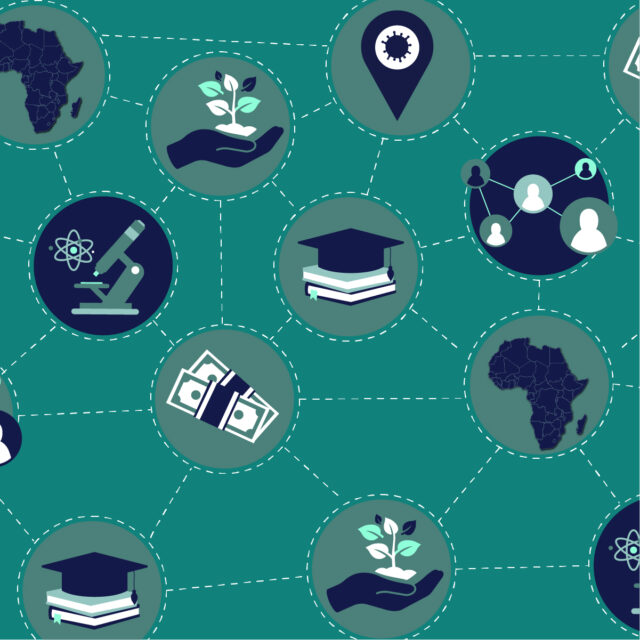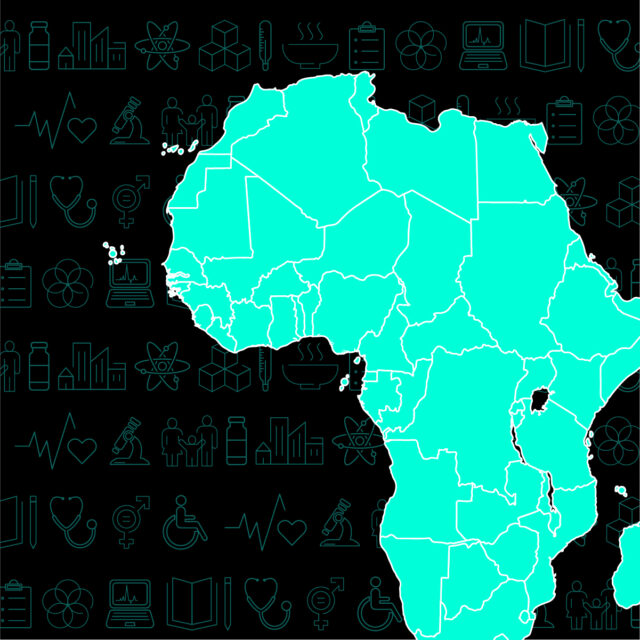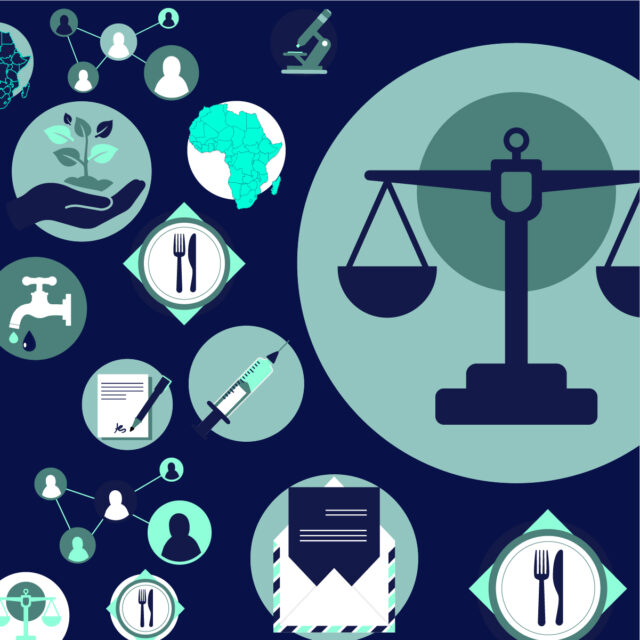Top news
Upending lending: Despite federal troops and rebels in Ethiopia having declared a truce in the 1.5 year-long civil war in Tigray, lenders are scaling back. Disbursements from public and private banks are down by nearly 75%, from $3.1 billion in 2019-20 to under $775 million in the first nine months of the current fiscal year, with a growing budget deficit. This comes as aid is desperately needed: the conflict, paired with severe drought, has caused over 2.6 million internally displaced people. The UN estimates the current funding gap is $338 million.
Fueling hypocrisy: The war in Ukraine has exposed Europe and the US’s continued reliance on fossil fuel imports, despite global (and their own) calls for a transition to renewables to fight climate change. But while Europe is looking to Africa to replace its Russian oil and gas supply, development banks – including the European Investment Bank and the European Bank for Reconstruction and Development – are moving away from funding fossil fuel projects on the continent. African leaders and experts have criticised the West’s hypocrisy. Meanwhile, Egypt plans to use COP27 as an opportunity to hold rich countries to account on their promises to help poor countries address climate change.
Against the grain: Uganda has imposed restrictions on food and grain exports, and Ghana extended a temporary export ban first issued last September as the war in Ukraine continues to threaten food security around the world. They join a growing list of countries that have taken similar measures to protect domestic markets, as nearly 350 million Africans are impacted by the food crisis. The effects could be dire given that large portions of Ghana and Uganda’s exports are to other African countries. Africa already faces a supply shortage, with close to half of its wheat sourced from Russia and Ukraine prior to the war. Meanwhile, bakers in Burkina Faso closed their shops in protest over a government ban on bread price increases.
Driving home the message: Residents of 26 communities in Liberia have threatened to move into government buildings and officials’ homes as floods and sea erosion continue to render their own homes uninhabitable. The protest comes after inaction from the government in the face of yearly floods that cause millions of dollars in damages and claim lives each year. The leader of the protests claims corruption has led officials to ignore environmental safeguards for building and construction. Communities are calling for sustainable solutions, including a relocation plan and coastal defense project.
Gaining interest: In the last three months, 60 interest rate increases have been announced around the world, with experts warning of a global tightening of monetary policy. While it’s the largest number of rate hikes in over 20 years, rates remain historically low. The biggest changes are expected in the US and the UK, but the ripple effect will be felt in Africa. Kenya has now raised interest rates for the first time in seven years to 7.5%, due to inflation, supply chain issues, and rising commodity prices.
License to kill: At least 300 people in Mali were killed by Malian forces and members of the Wagner Group, a Russian paramilitary group linked to the Kremlin. According to witnesses, most of those killed were civilians, but the government has labelled the “operation” a success, claiming to have killed 203 terrorists. The government denied the presence of the Wagner Group, which is believed to also be operating in the Central African Republic, Libya, Mozambique, and Sudan. Meanwhile, analysts have categorised the renewed US military presence in Somalia as a countermeasure to Russia’s growing influence in Africa.
Fast vs. slow lane: Development of the COVID-19 vaccine took one year – the malaria vaccine took 35. There were more than 240 million cases of malaria in 85 countries in 2020, and it has caused an estimated 15 million deaths globally since 2000, with 94% of them in Africa. Developing a malaria vaccine is complicated because the virus evolves through three stages in the human body. Still, the protein used to create the vaccine was first discovered in the 1980s, but insufficient funding and attention hindered research progress. The contrast with the (thankfully) speedy development of the COVID-19 vaccine is… noted.
On the production line: The pandemic has increased opportunities for scaling up manufacturing capacity in Africa, with 15 manufacturing projects currently in the works. This could mean a threefold increase from existing capacity. Production capacity could be expanded beyond COVID-19 vaccines, to include local production of malaria, tuberculosis, and HIV treatments. But progress made is under risk: demand is down as “people stopped thinking of COVID-19 vaccination as a priority”. Without local production, Africa faces continued reliance on richer countries in the case of another pandemic or a severe COVID-19 variant. Plus, a recent IMF study found that up to 75% of vaccine delivery delays to low-income countries stemmed from delayed purchasing agreements.
From the ONE team
- ONE teamed up with Theophilus Abbah and Daniel Adaji to look at how Russia’s invasion of Ukraine threatens food security in Nigeria.
The numbers
- 38: the number of countries in level 3 food crisis or worse, affecting over 135 million people.
- 11.9 million: cases of COVID-19 in Africa to date, with just 17.3% of people fully vaccinated.
- 6 million: the number of people in Somalia affected by famine-inducing drought, nearly 40% of the population.
Quote of the week
“If the same energy and resources were directed towards malaria-vaccine development as has been the case for COVID-19, then malaria could be eradicated.”
— Damaris Matoke-Muhia, Scientist at the Kenya Medical Research Institute.
What you should read & watch
- The world needs a new global compact on vaccines, says Nina Schwalbe. (Financial Times)
- Putin’s imperial world order would jeopardise Africa’s political geography and drive instability. (Foreign Policy)
- Why fuel shortages are spreading across Africa. (The Economist)
- “In a pandemic, sharing technology is life or death, and we are choosing death,” laments Winnie Byanyima. (Twitter)
- The pandemic accelerated business trends. Here are Africa’s fastest growing companies. (Financial Times)
- The AfDB has launched a trust fund to finance and de-risk innovative circular economy business models. (ESI Africa)
- A company in the Seychelles is set to recycle French and Spanish fishing nets in an innovative circular business model. (Seychelles News Agency)
- Poor disease surveillance in Nigeria is likely leading to unreported cases of monkeypox and other diseases. (The Conversation)
- Experts discuss ways to prevent the next pandemic over this working dinner video series. (The Gates Foundation)
A look ahead
The second G20 Health Working Group Meeting is set to take place from 6 to 7 June. Funding and preparedness for future pandemics is on the agenda.
The theme of “Building a Sustainable, Resilient, and Equitable Future” will be discussed at the Summit of the Americas from 6 to 10 June, with a focus on migration, climate change, as well as COVID-19 and economic recovery plans.
The ONE Campaign’s Africa COVID-19 Tracker brings together the key data points on how COVID-19 is impacting Africa. Check it out HERE.



